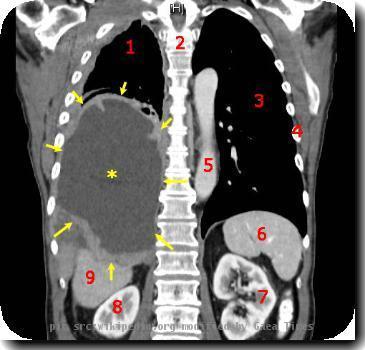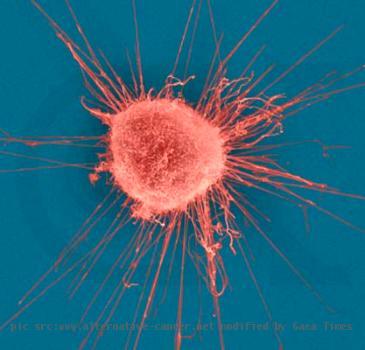US stomach cancers rates take puzzling rise in young, white adults; decline in others
By Lindsey Tanner, APTuesday, May 4, 2010
Study: Stomach cancer up in young, white adults
CHICAGO — Scientists are puzzling over a surprising increase in stomach cancer in young white adults, while rates in all other American adults have declined.
Chances for developing stomach cancer are still very low in young adults but the incidence among 25 to 39 year old whites nonetheless climbed by almost 70 percent in the past three decades, a study found.
National Cancer Institute researchers and colleagues examined new cases from 1977 to 2006 of cancer in the lower stomach, which can be caused by chronic infection with a common bacteria called H. pylori. It also causes stomach ulcers.
Overall, there were 39,003 cases detected in a surveillance program that covers about one-fourth of the U.S. population.
These included only 734 white young adults, but their incidence rate climbed from .54 per 200,000 to about 1 per 200,000.
Among white adults aged 25 to age 84, the rate declined from almost 12 per 200,000 to 8 per 200,000; among black adults it declined from about 27 per 200,000 to 19 per 200,000.
Rates also declined for other races, which weren’t specified.
Dr. Jaffer Ajani, a digestive cancer specialist at the University of Texas M.D. Anderson Cancer Center in Houston, said the increase in young white adults is surprising but not alarming. Ajani, who was not involved in the research, said it could be a statistical blip but that it needs to be investigated.
The study appears in Wednesday’s Journal of the American Medical Association. It focused on lower stomach cancer, not cancer of the upper stomach, which has been linked with gastric reflux. Together, these cancers are the fourth most common type of cancer worldwide.
In U.S. men, stomach cancer is among the top 10 most common cancers in blacks, Asian-Americans, Hispanics and American Indians. It’s also among the most common cancers in Asian-American women.
Lower stomach cancer has been linked with diets high in salt and salt-preserved foods, and low in fresh fruits and vegetables; its incidence historically has been higher in Asia and other countries where this type of food preservation is more common.
But stomach cancer rates have been declining in many countries because of improved food preservation and better hygiene, which decreases risks for H. pylori infection, so the overall U.S. decline was expected, said Dr. Charles Rabkin of the National Cancer Institute, the study’s lead author.
However, the researchers noted that salt intake has increased among Americans of all ages, and said they will be investigating whether changes in eating habits explain the rise in young adults.
H. pylori prevalence might have increased in young adults, or there may be some other unknown bacteria that could play a role, although those theories remain unproven, Rabkin said.
On the Net:
JAMA: jama.ama-assn.org
National Cancer Institute: www.cancer.gov
Tags: Chicago, Diseases And Conditions, Food And Drink, Medical Research, North America, United States
|
July 21, 2010: 1:42 pm
Keep eating your gmo foods and foods with untested chemical ingredients and keep watching tv. Nothing to see here, move along. |



sevart